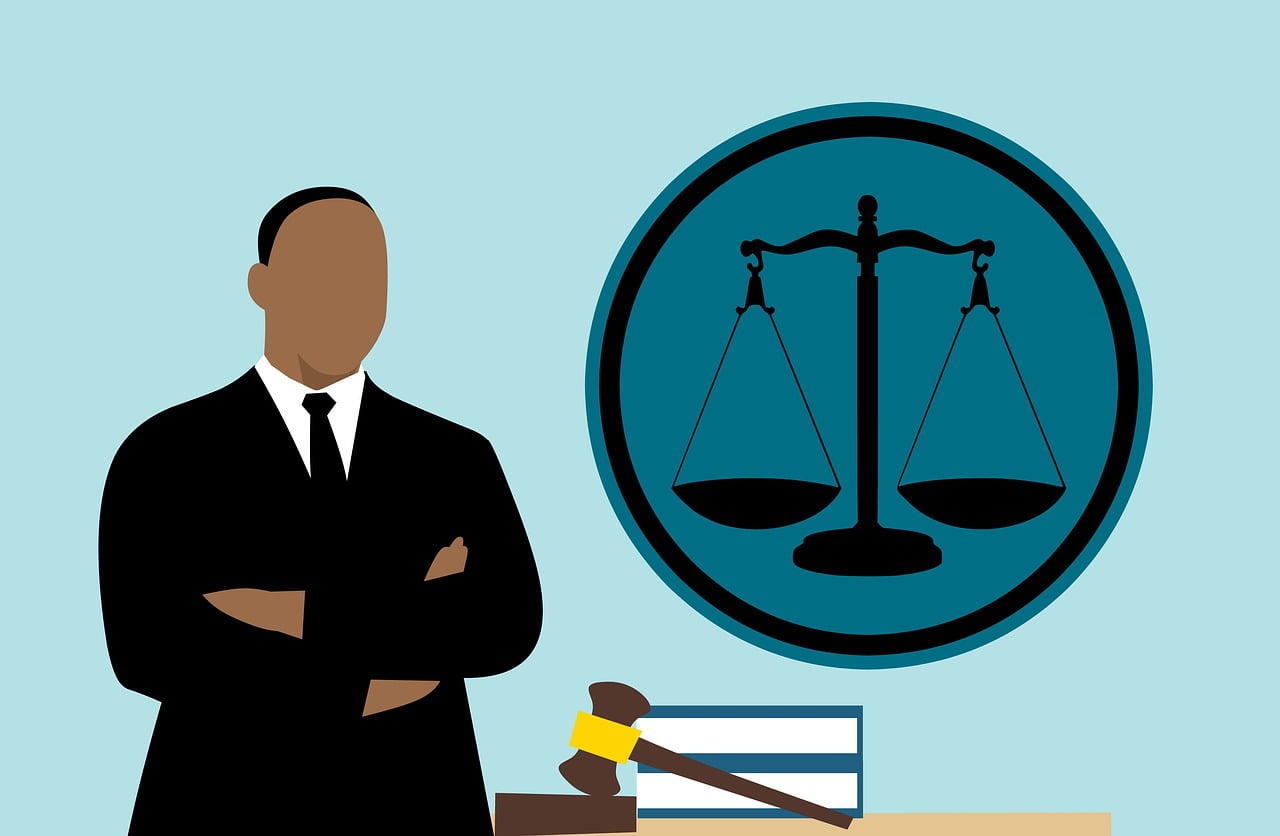Legal Issues in Arbury Murder Case Incorrectly Reported; Citizen’s Arrest Largely Irrelevant to Defense From Murder Charge
Q1 2020 hedge fund letters, conferences and more
The Death Of Ahmed Arbury
WASHINGTON, D.C. (April 15, 2020) - Although much of the public discussion about the shooting death of Ahmed Arbury has centered around whether the defendants were authorized to make a citizen's arrest, that legal issue is largely irrelevant to the most likely successful defense to the charge of murder which is Georgia's stand-your-ground self defense statute, argues public interest law professor John Banzhaf.
Banzhaf has successfully predicted - and provided a legal analysis for - many noteworthy justified self defense cases going back to subway shooter Bernhard Goetz, and more recently including George Zimmerman.
Whether or not Gregory and/or Travis McMichael would have the legal privilege to perform a citizen's arrest - either as ordinary citizens, or because of Gregory's former law enforcement involvement - makes no difference because they are not charged with unlawfully arresting Arbury. In any event, it might be difficult to prove beyond a reasonable doubt that they had in fact made such an attempt.
The defendants' apparent belief that they had such a legal privilege - whether legally correct or not - probably explained why they followed and eventually confronted Arbury, who they may have believed had engaged in some wrongdoing.
Georgia's Stand-Your-Ground Self Defense Law
At the time that Travis confronted Arbury, each had the protection of Georgia's stand-your-ground self defense law [§16-3-21] which permits any person to use force [and in this case probably deadly force since a gun was involved] "against another when and to the extent that he or she reasonably believes that such threat or force is necessary to defend himself . . . against such other´s imminent use of unlawful force."
Under the stand-your-ground portion, neither has any legal duty to try to retreat, defuse the situation, etc. So each may have had a legal privilege to use force against the other.
In other words, Arbury was privileged to engage in a violent and possibly life-threatening attack upon Travis if he reasonably believed - because of what Travis may have said, and because he was carrying a gun - that it was necessary to protect himself from imminent use of deadly force.
However, if Arbury did attack Travis, the latter could then be legally privileged to shoot Arbury if he felt it was necessary to protect himself, or even his father.
Legally Privileged To Shoot Arbury
More precisely, Travis would be legally privileged to shoot Arbury - which should be a sufficient defense to any criminal charge, including murder - unless the prosecutor can prove beyond a reasonable doubt that Travis did not have such a belief, or that the belief was not reasonable under the circumstances.
There is, as one might expect, an exception under the statute if the person claiming the privilege of self defense provoked the attack against himself, but only in a narrowly defined circumstance: "if he initially provokes the use of force against himself with the intent to use such force as an excuse to inflict bodily harm upon the assailant."
So here, to avoid that problem, the prosecutor would have to prove, beyond any reasonable doubt, that Travis - by his words and/or actions - not only provoked Arbury to attack him, but that he did so intending to provoke Arbury so that he could then legally shoot him.
If the defendants choose not to testify in their own defense, it may be difficult to prove beyond a reasonable doubt that Travis did not reasonably believe that he had to use deadly force to defend himself, or that Travis deliberately provoked Arbury so that his shooting would be legally privileged under Georgia law.
Difficulties For The Prosecutor
On the other hand, if Travis testifies that he either said nothing to Arbury, or that his words were not sufficient to provoke an attack (e.g., "may I ask what you are doing here"), it might also be difficult for the prosecutor to prove the contrary, especially beyond a reasonable doubt.
Banzhaf notes that another Georgia statute - Provocation by Words Alone [§2.10.42] provides that "provocation by words alone will, in no case, justify such excitement of passion . . .," although "words accompanied by menaces, though the menaces do not amount to an actual assault, may in some instances be sufficient provocation."
So defense counsel may well argue that even if Travis's words were confrontational and/or insulting (e.g., "what are you doing here n*gg*r?"), they are legally insufficient to justify any kind of attack by the person (Arbury) they were addressed to.
In short, says Banzhaf, the real issues in this murder trial are what happened between the time when Travis first approached Arbury and the time he shot Arbury, and not whether he or his father may have had, and/or tried to utilize, any legal authority to make a citizens' arrest, suggests Banzhaf.





